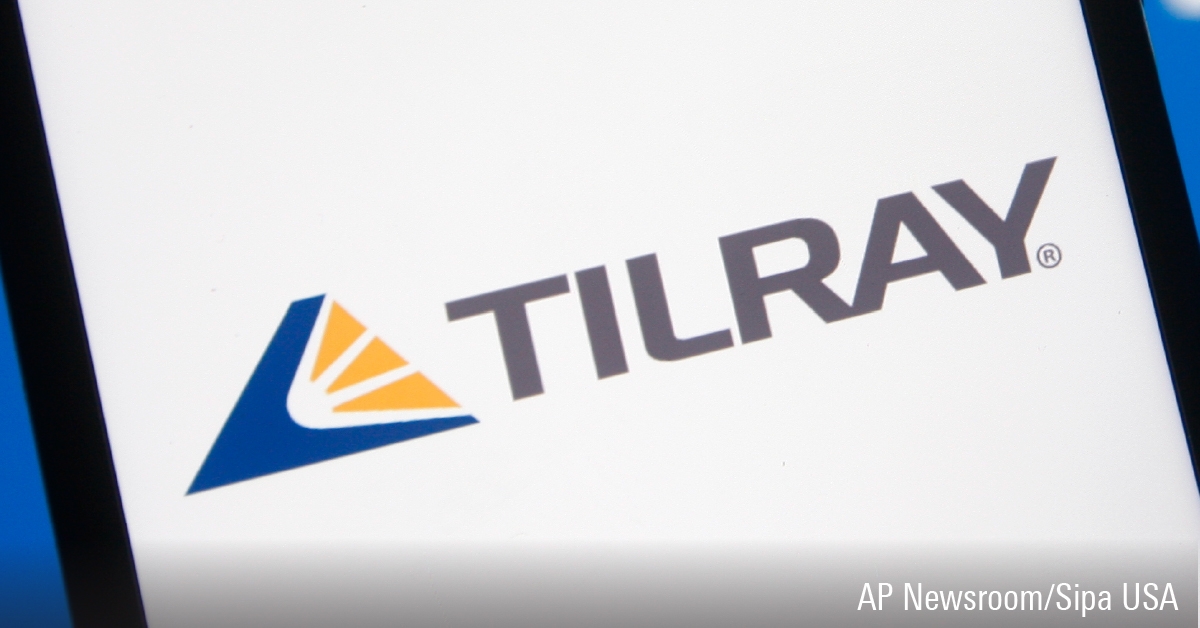Christopher Arbuthnot, portfolio manager at MFC Global Investment Management (U.S.), LLC, is putting considerable emphasis on Brazilian companies in the global portfolio he manages.
While he is "essentially a bottom-up value manager," he does carefully analyze the economic and political status of the countries before making an investment in the companies.
Brazil, says Arbuthnot, is self-sufficient in natural resources. It is a focus of the Brazilian government to foster the development of these resources, which currently represent only a small percentage of its gross domestic product, he notes. In particular, Brazil's "vast untapped offshore oil resources are attracting international attention."
Also, Brazil did not experience a housing or credit bubble, Arbuthnot notes. Its fiscal house is in order and it is politically stable. "These are characteristics you like to see in any country and, in particular, in an emerging economy."
Based in Boston, Arbuthnot is a member of the intrinsic-value team at the U.S. division of Toronto-based MFC Global Investment Management, a subsidiary of Manulife Financial Corp.
Arbuthnot joined the firm in 2006 and is responsible for managing $350 million includingManulife Global Opportunities Class. Sponsored in Canada by Manulife Mutual Funds, the fund was launched in April 2007.
 |
|
 |
|
| Christopher Arbuthnot | |
 |
|
 |
|
 |
Currently holding 45 names, the fund has no country or sector restrictions. Its benchmark is the MSCI World Index expressed in Canadian currency. As a result of stock selection, the three biggest country weightings as of Oct. 31 were the United States (44%), Brazil (21%) and Canada (10%).
While the fund's U.S. weighting is about the same as the market benchmark, Brazil is by far the most overweighted country. Not coincidentally, because of a notable similarity between Brazil and Canada, the fund is also overweight in Canadian stocks.
"Brazil and Canada both have a strong comparative advantage in the resource industry," says Arbuthnot, whose Canadian holdings are all resource stocks. The two biggest weightings are Silver Standard Resources Inc. ( SSO) and Franco Nevada Corp. ( FNV)
On Brazilian stocks, Arbuthnot says that there are some investors who argue that they no longer offer value, because of the huge run-up in the Brazilian index this year. But, he says, he is "not buying the index or the leading stocks in this index." Rather, visits to the country and on-the-ground discussions with a range of companies have allowed him to cast a wider net.
"I have been able to target a number of well managed companies with outstanding internal growth opportunities that are leaders in their particular industry and have good pricing power," Arbuthnot says. Furthermore, these companies trade "at a huge discount to their intrinsic value."
While the dominant energy company in Brazil is Petroleo Brasileiro S.A. ( PBR), also known as Petrobras, Arbuthnot considers that rival OGX Petroleo E Gas Paticipacoes S.A. has a superior risk/reward profile. This stock is in among his top 10 holdings.
OGX has bought the drilling rights to a number of "oil and gas rich areas" offshore from Brazil. Its management, says Arbuthnot, has a track record of creating value for shareholders. "The stock trades at a discount to the value of the resources in the ground."
A Brazilian infrastructure play that is also in the fund's top 10 is Santos Brasil Participacoes S.A. It operates "one of the largest container terminals in South America." There are high barriers to entry in its business, says Arbuthnot, and the company has a competitive advantage in that its port is much closer to Sao Paulo, a major trading hub, than are rival ports. "The stock trades well below the replacement cost of Santos Brasil's assets."
A major telecom company that Arbuthnot considers offers compelling value is UK-based Vodafone Group PLC ( VOD), another top 10 holding. "It is the largest wireless business in the world, operating in 26 countries and aggressively expanding its presence in emerging economies, such as India." Vodafone has a 45% stake in Verizon Wireless in the United States.
Verizon Wireless is currently using its free cash flow to pay down long-term debt related to its acquisition of Alltel, he says. "But once it has significantly reduced its debt load, which could be as early as 2011, it will boost its dividends to Vodafone, which will be a big catalyst for Vodafone's stock."
Arbuthnot has made changes to his holdings of U.S. media stocks. He has added to his two largest positions -- Sirius XM Radio Inc. ( SIRI) and Liberty Media Corp. (Capital) ( LCAPA) -- using the proceeds of the sale of his stake in television broadcaster CBS Corp. ( CBS). "CBS's stock had a huge run since I bought it in the spring. It reached my target price so I sold it."
Sirius XM Radio, the result of a merger between two rival satellite radio companies in mid-2008, "is perceived to be a highly distressed stock." The company had difficulty refinancing its debt during the credit crisis, and the stock took a beating.
Arbuthnot's investment thesis is that the merged company will have greater clout in negotiations with its content providers. It will also, he says, be able to negotiate better terms from car companies in its revenue-sharing agreements.
Regulators will not permit the merged company to raise its subscription rates until 2011, "but you are likely to see a hike then, as there has been no increase since 2002." Arbuthnot says that he is valuing Sirius XM Radio based on the expected ramp-up in earnings and free cash flow in 2012 and 2013.
Meanwhile, Liberty Media Corp. (Capital) is a holding company that "trades at a significant discount to underlying media assets," he says. He expects that the company will move to "unlock value in its interests."















